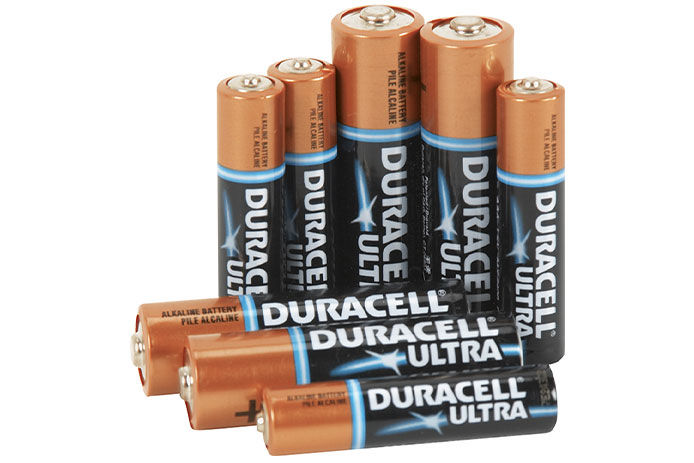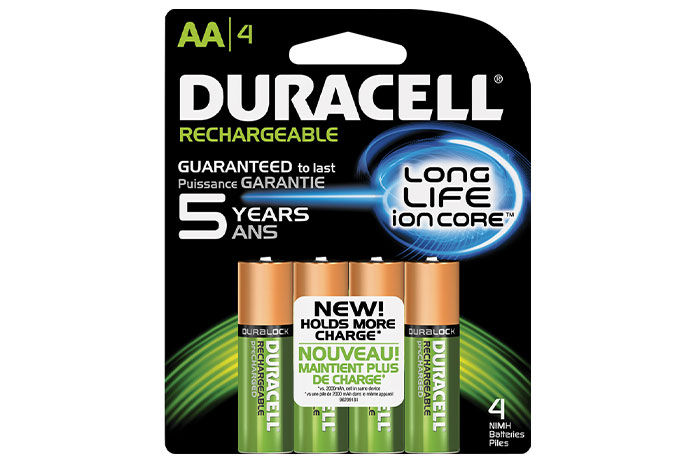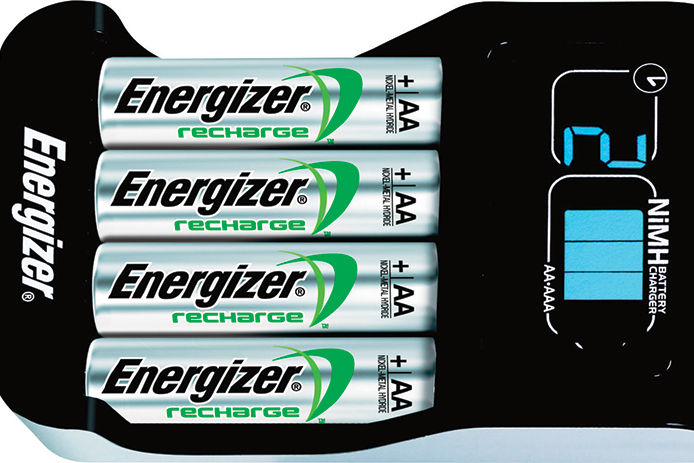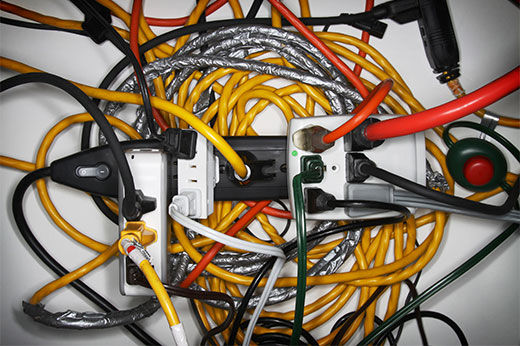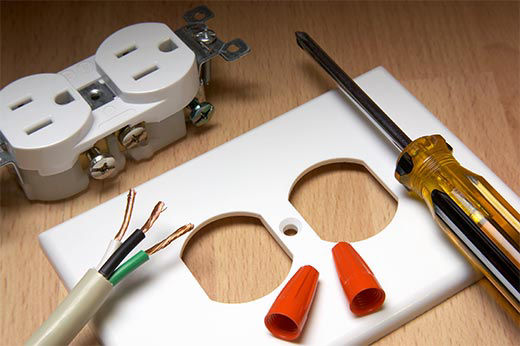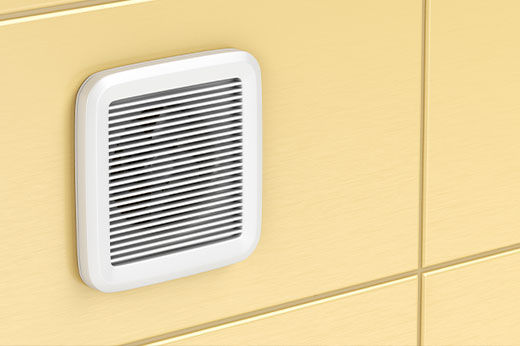When most of us think about changing the batteries in the remote or switching out batteries in a bedside close, we’re probably thinking of Alkaline or standard non-rechargeable batteries. Most of us have a drawer of various AAA, AA, C, and D versions of Alkaline batteries somewhere in our house.
While these batteries work fine for everyday household use, they’re often not the most environmentally friendly choice.
These alkaline batteries are made with a combination of chemicals like zinc, manganese oxide, potassium hydroxide, and other components. Some types of standard batteries include ammonium chloride (car batteries use sulfuric acid).


